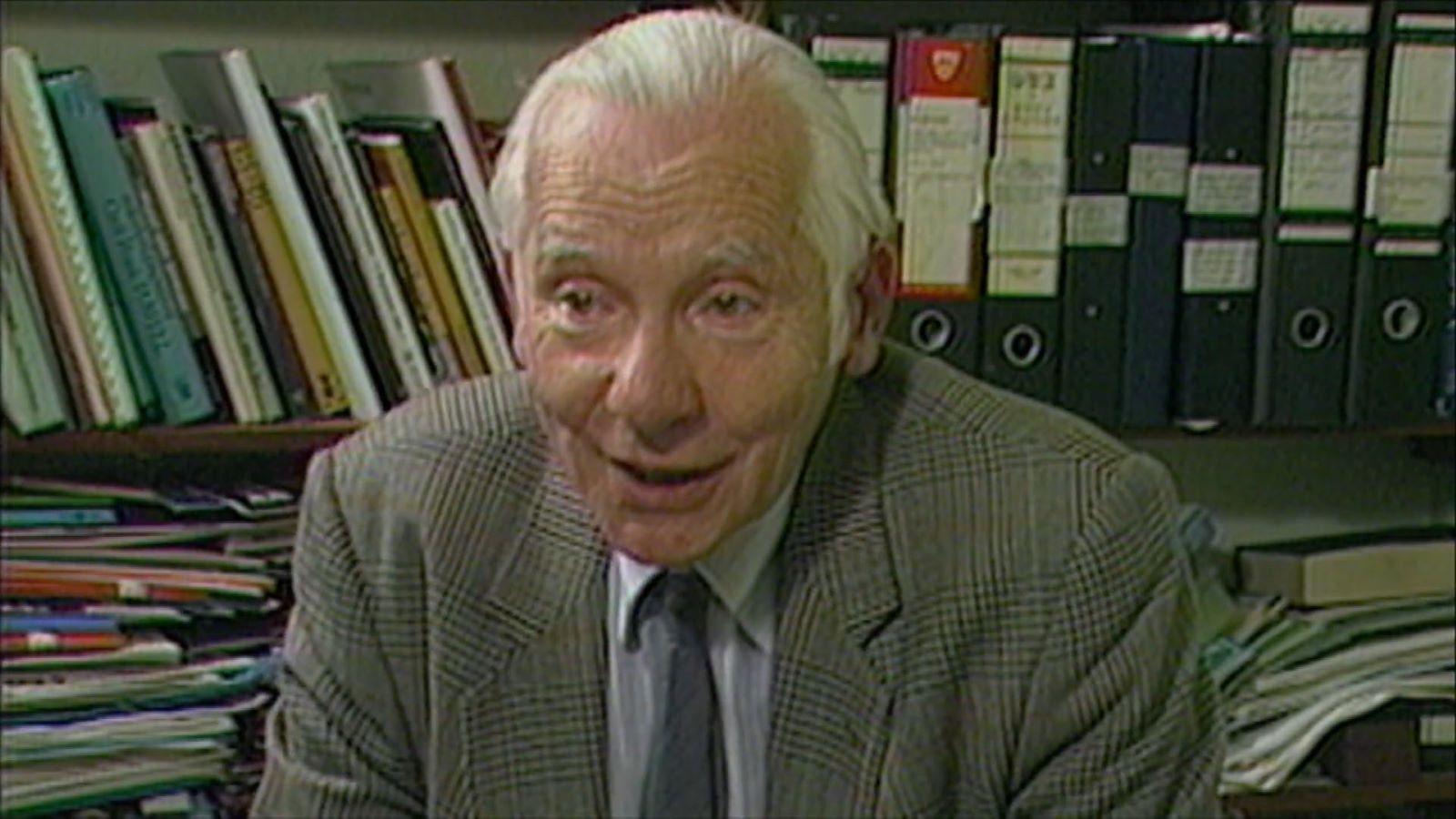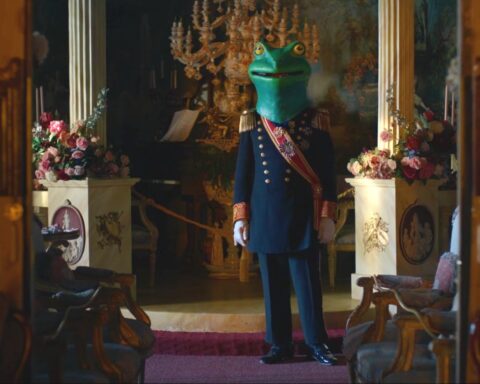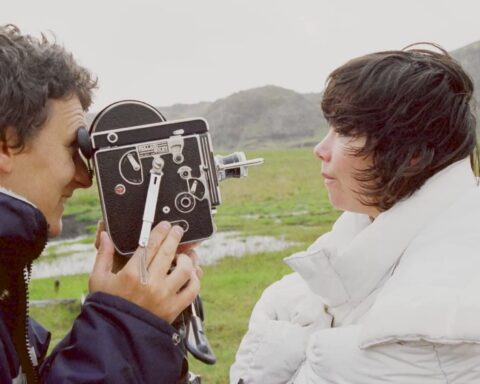If the recent release of A Compassionate Spy and the story of Ted Hall have readers intrigued to learn more about scientists who don’t make the cut in one of the summer’s biggest movies, take a trip through the NFB archives to discover a notable figure in the Oppenheimer affair. The 2008 NFB doc The Strangest Dream, directed by Halifax filmmaker Eric Bednarski, tells the story of Dr. Joseph Rotblat. Born in Warsaw, Poland and of Jewish descent, Rotblat brought a moral centre to the Manhattan Project along with a leading mind in the field of nuclear science. The Strangest Dream tells how Rotblat was the only scientist to quit the project. Leaving the grand operation in 1943 and citing moral grounds for his departure, Rotblat argued that Germany wasn’t in a position to make a nuclear bomb before the war was over.
His story and his concerns echo those of Hall in A Compassionate Spy, which chronicles how and why the young American scientist leaked secrets to the Russians. Both men argued that the race to build the bomb was merely a show of might. They felt science should serve the good of mankind, rather than be weaponized for power.
Nobel Prize and a Canadian Connection
While the circumstances of Hall’s espionage required him to keep mum about his activity at Los Alamos, Rotblat, who died in 2005, was recognized for his courage. He received the Nobel Peace Prize in 1995. The jury cited his “efforts to diminish the part played by nuclear arms in international politics and, in the longer run, to eliminate such arms.” Rotblat channelled his convictions into the Pugwash Conferences on Science and World Affairs, which he founded in 1957 and held the inaugural conference in Pugwash, Nova Scotia. Today, the town’s population holds just over 700 people. (The Pugwash Conference shared the Nobel win with Rotblat.)
While an archival interview with Rotbalt in The Strangest Dream sees the scientist explain how the conferences avoided politicizing the nuclear debate by keeping the press at a remove, he notes that the efforts to reduce propaganda meant that the public knew little of their activities. The Strangest Dream helped share Rotblat’s message for peace. After premiering at the Atlantic Film Festival in 2008, the doc screened at the 2010 Pugwash conference in The Hague, for the United Nations Office for Disarmament Affairs, and for the European Parliament and Canadian Parliament. The film won a Gemini Award for writing.
“We realized the best way to tell the Pugwash story was through Rotblat,” Bednarski told Metro in 2009. “He had lived through so much tragedy, but he was able to turn things around and use his scientific knowledge to help humanity.”
Watch The Strangest Dream from the NFB:
The Strangest Dream, Eric Bednarski, provided by the National Film Board of Canada












